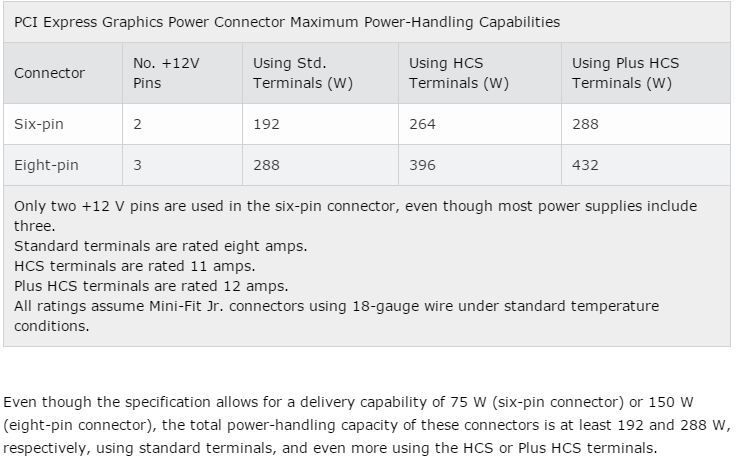It's a logical possibility that these reviewers got theirs from the same pre-production batch and thus all have the same flaw, whether it be bios or manufacturing.
What about the 2 retail parts?
Also, PCPer shows the card pulls 155W at stock in Witcher 3, still over spec.
![[H]ard|Forum](/styles/hardforum/xenforo/logo_dark.png)
